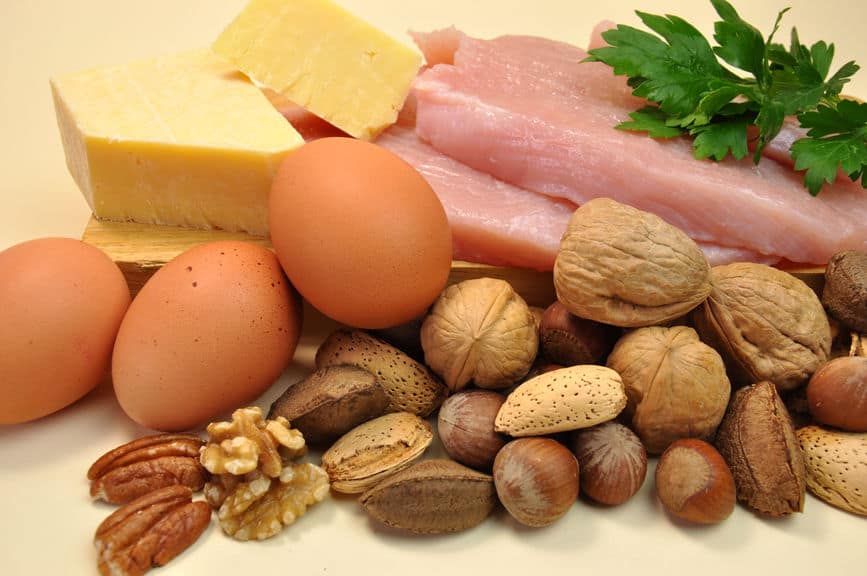In a previous article, we have discussed the effect of less protein intake. to our body. However, have you ever thought how if we eat more ofit? Does it give a better impact to our body? Unfortunately, not.
Generally, this biomacromolecule works as our body builder and healer. It is also present in our metabolism system. Act as enzyme and hormone production. Thus, it can directly affect our metabolism system.
daily recommendation
We have learnt the consequences of its deficiency. Therefore, it is important to fulfill our daily intake of it. Everyone has different daily requirements. It depends on their age, gender, and special needs. Physical activities and state of health are also dependable variables.
Health Ministry recommend the protein daily intake as mentioned below:
- Children 1-6 years old: 20-25 grams
- Children 7-9 years old: 35-40 grams
- Teenagers: 60-75 grams
- Adults: 50-70 grams
- Pregnant and lactating moms: 70-85 grams
The athlete and elderly can adjust their daily intake according to the recommendation.
impact of excess protein to the body
Even though protein deficiency is undesirable for the body, an excess of it can also be potentially harmful. The following are some of the consequences of having too much protein in your body.
- ketone buildup, a condition when ketone chemicals accumulate in the body. More likely to occur in keto dieters. This condition can lead to ketosis and bad breath.
- kidney damage can happen when urea as a protein product of metabolism has to be removed from the body through urine. However, the high concentration of it makes the kidneys have to work extra and lead to damage.
- increased risk of cardiovascular risk due to the source of protein that is from animals. They contain lots of saturated fat and cholesterol. Therefore, vegetable protein is recommended to help this problem.
- calcium loss during an acid environment because of high protein in the body. This leads to calcium deficiency and bone disease because bones cannot absorb the calcium.

